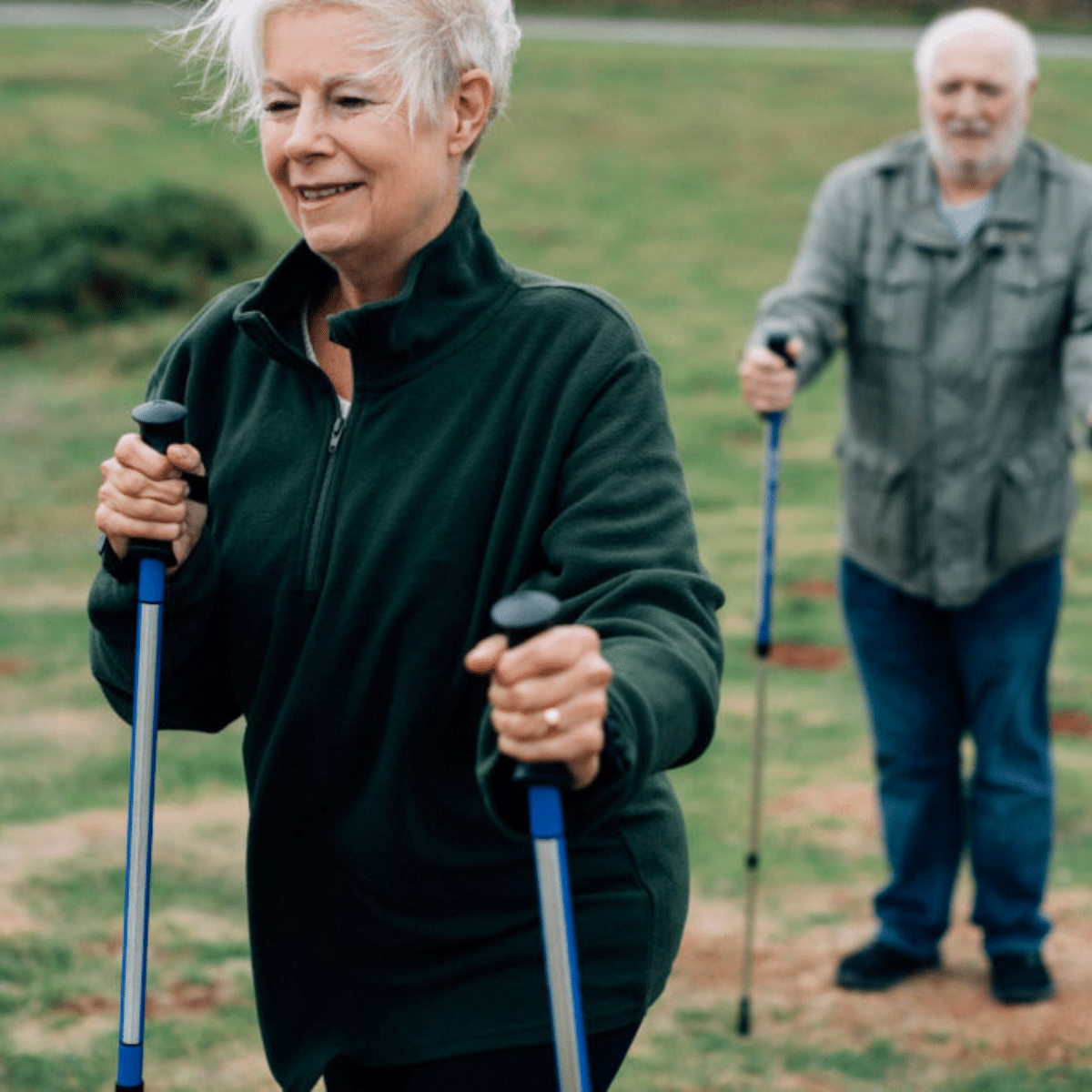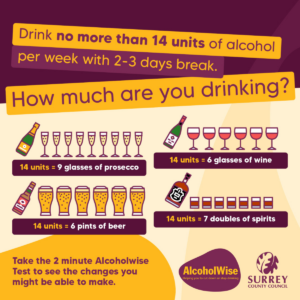Dementia is an umbrella term for a range of progressive conditions that affect the brain. But who does it affect and how best can we prevent it?
Dementia is a general term for a decline in mental ability severe enough to interfere with daily life. The brain is made up of nerve cells (neurones) that communicate with each other by sending messages. Dementia damages the nerve cells in the brain, so messages can’t be sent from and to the brain effectively, which prevents the body from functioning normally.
Dementia can affect a person at any age, but it is more commonly diagnosed in people over the age of 65 years. A person developing dementia before age 65 is said to have young onset dementia. There are over 850,000 people living with dementia in the UK and this is set to rise to over one million by 2021.
Currently the most common form of Dementia is Alzheimer’s Disease.
Symptoms
Regardless of which type of dementia is diagnosed and what part of the brain is affected, each person will experience dementia in their own unique way. The symptoms of dementia can include memory problems, reduced cognitive ability (processing information) and poor communication.
For signs and symptoms of Dementia, please visit https://www.alzheimers.org.uk/about-dementia/symptoms-and-diagnosis
Risk Factors
Unfortunately, there are some risk factors you cannot change, these include:
Age: People diagnosed with dementia tend to be over 65. Roughly, a persons risk of developing vascular dementia or Alzheimer’s disease doubles every 5 years.
Ethnicity: Certain ethnic communities appear to be at higher risk of dementia than others. South Asian or African-Caribbean people seem to develop dementia more often than white Europeans. Specific risk factors associated with these communities such as stroke, diabetes, hypertension and cardiovascular disease, as well as differences in diet, smoking, exercise and genes, are thought to explain this.
Gender: more women are affected by dementia than men. Worldwide, women with dementia outnumber men two to one.
However, although getting older is undeniably the biggest risk factor for dementia, research suggests up to one in three cases of dementia are preventable. Modifiable risk factors include:
- high alcohol intake
- high blood pressure
- lack of exercise
- obesity
- poor physical health
- smoking
Preventative Advice
You can’t avoid getting dementia, but you can lower your risk of developing it.
Everything that keeps your heart healthy also keeps your brain healthy. So, try to eat a balanced healthy diet, quit smoking, avoid drinking too much alcohol, and keep your cholesterol and blood pressure under control.
Stay physically active and mentally stimulated with different activities so that you use different parts of the brain. For example, walking, gardening, singing, art, music, reading, and all other hobbies and interests are thought to help.
For a great article on Dementia, please visit https://www.dementiauk.org/understanding-dementia/advice-and-information/dementia-first-steps/what-is-dementia/




